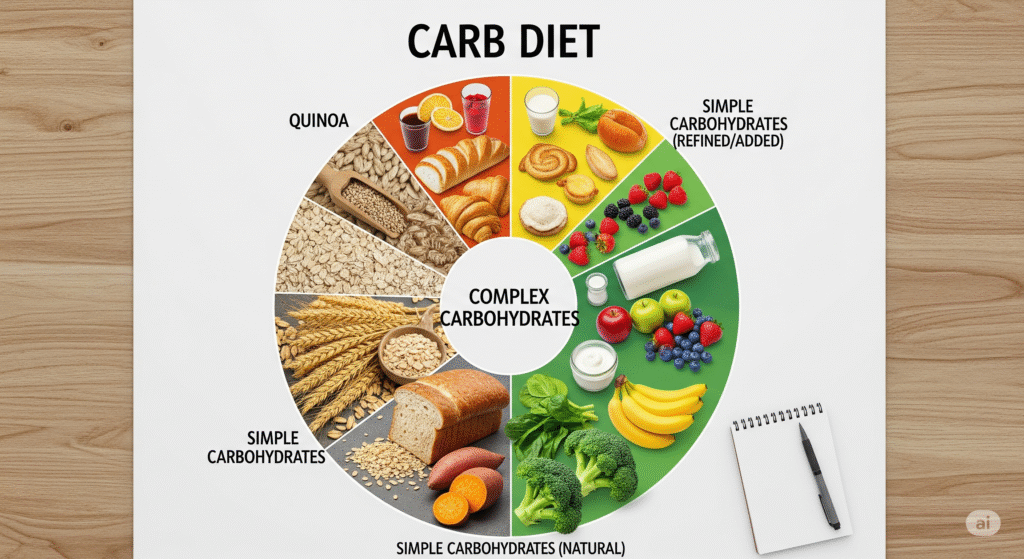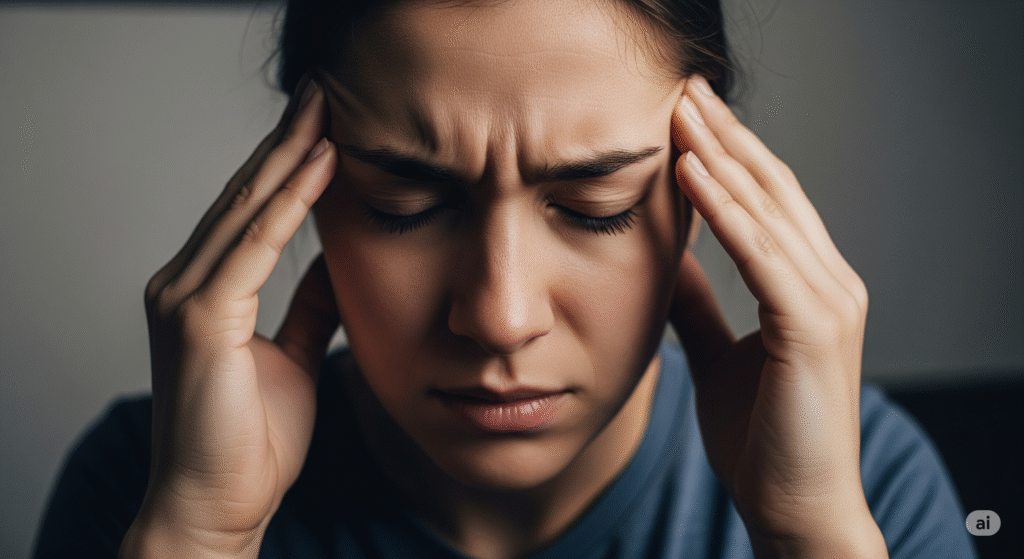No Carb Diet: A Beginner’s Guide to Going Zero-Carb Safely
Low-carb diets are popular for weight loss and better health—but what if you took it one step further and cut out carbs completely?
Welcome to the No Carb Diet (also called Zero-Carb or Carnivore diet). It’s a way of eating that removes all carbohydrates, including fruits, grains, legumes, and even most vegetables.

In this guide, we’ll explore:
- What a no-carb diet is (and isn’t)
- Health benefits and potential risks
- What to eat and what to avoid
- A sample meal plan
- Common questions and science-backed resources
What is a No Carb Diet?
A no carb diet is an ultra-restrictive form of a low-carb diet where your intake of carbohydrates is reduced to near zero—often under 20 grams per day, and sometimes literally zero.
This means no bread, rice, pasta, sugar, fruits, starchy veggies, or grains. Many who follow this diet eat mainly:
- Meat
- Fish
- Eggs
- Animal fats
- Limited dairy
- Some non-starchy vegetables (optional)
⚠️ Important Clarification:
Even on a “no carb” diet, some foods still contain trace carbs, like eggs or cheese. It’s extremely difficult to eat literally zero grams unless you’re only consuming pure meat and water.
✅ Health Benefits of a No Carb Diet
1. Rapid Weight Loss
Eliminating carbs leads to:
- Water weight loss initially
- Reduced insulin levels
- Lower calorie intake from fewer food options
2. Appetite Suppression
Fat and protein are more filling than carbs. Many people report eating less naturally without counting calories.
3. Blood Sugar Control
No carbs = almost no blood sugar spikes. Ideal for people with:
- Type 2 diabetes
- Insulin resistance
- PCOS
A 2020 study published in Nutrition & Metabolism showed major blood sugar improvements in low- to no-carb diets.
4. Mental Clarity & Energy
Once adapted, many feel clear-headed, focused, and stable—no more sugar crashes or brain fog.
Weekly Healthy Meals for Kids: 7-Day Nutrition Plan with Easy Recipes
❌ Potential Risks of a No Carb Diet
Like any restrictive diet, going no-carb isn’t for everyone.
❗ 1. Nutrient Deficiencies
Cutting out fruits, grains, and vegetables can lead to:
- Low fiber intake
- Lack of vitamin C, potassium, and magnesium
- Digestive issues like constipation
❗ 2. Keto Flu

In the first week, you may feel:
- Headache
- Fatigue
- Dizziness
- Brain fog
This is temporary as your body adjusts from burning carbs to fat (ketosis).
❗ 3. Social Restrictions
It’s hard to eat out, travel, or join parties without carbs. The diet can feel isolating.
What You Can Eat on a No Carb Diet
Here are the main food categories:
| Food Group | Examples |
|---|---|
| Meat | Beef, pork, lamb, chicken, turkey |
| Fish & Seafood | Salmon, sardines, tuna, mackerel, shrimp |
| Eggs | All types (whole eggs are ideal) |
| Animal Fats | Lard, tallow, ghee, duck fat |
| Dairy (limited) | Hard cheeses, butter, heavy cream (low in carbs) |
| Non-starchy veggies (optional) | Spinach, lettuce, kale, zucchini |
| Water & Coffee | Stay hydrated, avoid sugar/sweeteners |
Foods to Avoid Completely
| ❌ Food Type | Examples |
|---|---|
| Grains | Bread, rice, pasta, corn, oats |
| Legumes | Beans, lentils, chickpeas |
| Sugary foods | Candy, cake, soda, cookies |
| Fruits (most) | Bananas, apples, grapes, mangos |
| Starchy vegetables | Potatoes, carrots, peas, sweet corn |
| Milk | Contains lactose (a sugar) |
| Alcohol | Most beers, sweet wines, cocktails |
Sample 1-Day No Carb Diet Meal Plan
| Meal | What to Eat |
|---|---|
| Breakfast | Scrambled eggs with butter + black coffee |
| Lunch | Grilled chicken thighs + side of sautéed spinach (optional) |
| Snack | 2 boiled eggs or cheese cubes |
| Dinner | Ribeye steak cooked in ghee + a few olives (optional) |
| Drink | Water, unsweetened herbal tea, or black coffee |
⚙️ Tips to Succeed on a No Carb Diet
- Track your food for the first week
- Stay hydrated (aim for 2.5–3L/day)
- Add salt & electrolytes to avoid fatigue
- Prepare meals in advance to stay on track
- Start slow—consider starting with keto, then gradually go no-carb
🔬 What Does Science Say?
- A 2021 review in Frontiers in Nutrition showed that carb-restricted diets can help with weight loss, metabolic syndrome, and type 2 diabetes.
- However, long-term effects of extreme carb restriction still need more research.
- Most nutritionists recommend including some fiber and micronutrients from veggies and fruits.
Always talk to a healthcare professional before starting a restrictive diet.
📚 Expert Resources
- Virta Health – Low Carb Research Hub
- Harvard School of Public Health – Carbohydrates
- Diet Doctor – No Carb Diet Guide
❓Frequently Asked Questions (FAQs)
❓Is it safe to eat zero carbs?
It can be safe short-term for most healthy people. But long-term, you may need some vegetables, fiber, and vitamins to avoid deficiencies.
❓Can I lose weight on a no carb diet?
Yes, many people lose weight quickly, especially in the first few weeks due to water loss and lower calorie intake.
❓What about fiber if I’m not eating carbs?
You’ll get very little fiber unless you include low-carb vegetables. Some people add psyllium husk or flaxseeds in moderation.
❓Is no carb the same as keto?
No. Keto allows 20–50g of carbs/day from veggies, nuts, or dairy. No-carb aims for zero carbs, or very close to it.
❓Can vegetarians follow a no carb diet?
It’s extremely difficult. Most vegetarian proteins (like lentils, beans) contain carbs. This diet is mostly animal-based.
🏁 Final Thoughts: Is No Carb Right for You?
The no carb diet is simple, strict, and effective—but it’s also not for everyone. If you want rapid results and can handle minimal food variety, it can be a powerful tool.
However, balance matters. Long-term, you may want to reintroduce:
- Leafy greens
- Low-carb veggies
- Berries
To maintain micronutrient health, gut function, and sustainability.
Always listen to your body—and consider working with a dietitian or doctor to track your progress.
